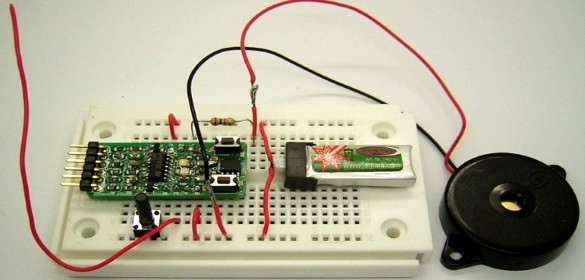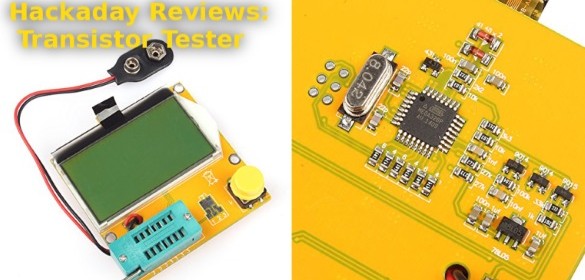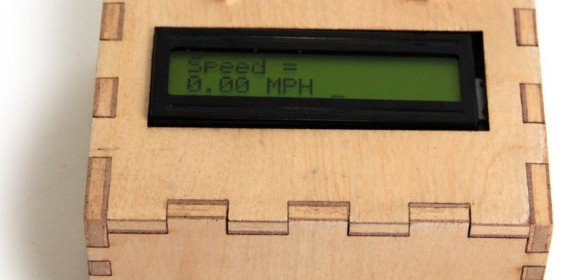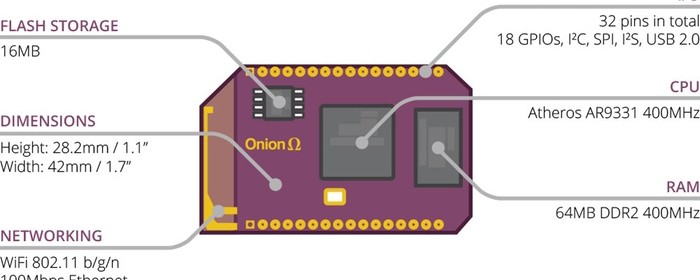Personal Air Conditioner Powered from Solar Energy
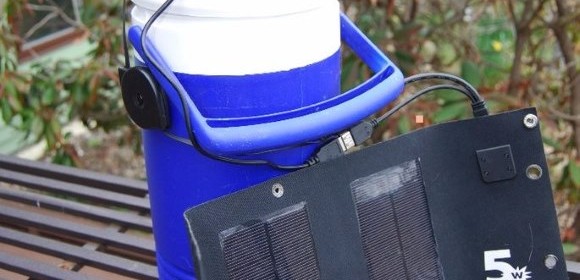
This personal air conditioner is specially designed for outdoor use and runs over solar power. It uses a copper tube with circulating ice water through it to work as a heat exchanger. A small water pump helps to circulate the ice water, while a small fan distributes the cool air.
Read more